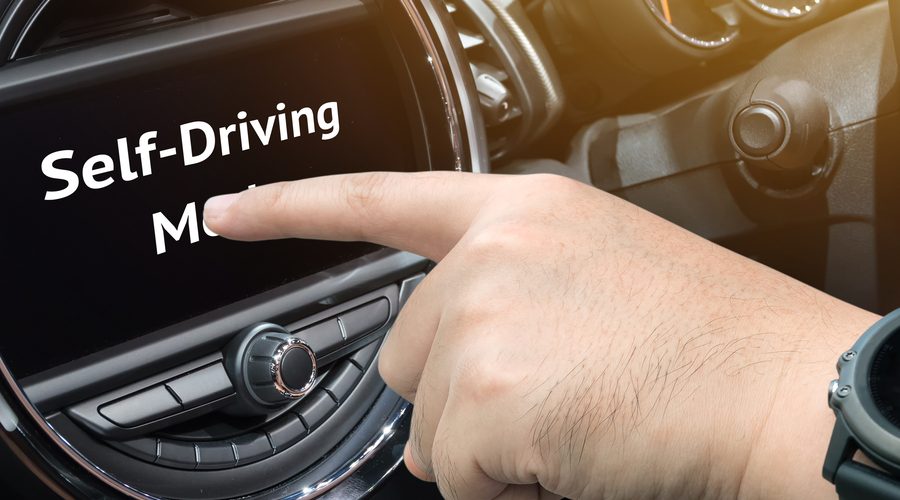Electronics could make up 45-50% of the cost of a new car by 2030. Many new cars use advanced driver assistance systems, such as automatic emergency braking and adaptive cruise control. But do these extra really improve safety? Some features have proved to reduce insurance claims for BMWs in the US while others had no effect.
It will be interesting to see how increasing safety features affects insurance premiums.
Insurance claims for BMWs
Highway Loss Data Institute (HLDI) in the US examined insurance claims for 6 million 2013-17 BMW vehicles. They analysed which safety and assistance features had an effect on:
- number of collisions
- property damage liability
- bodily injury liability claims (we call this CTP claims).
The study looked at the effect of adding further levels of driver assistance, starting with the minimum (1):
- Forward collision and lane departure warnings
- Front automatic emergency braking
- Adaptive cruise control (BMW Driving Assistance package has 1 to 3)
- Lane centring and front cross-traffic alert (BMW Driving Assistance Plus has 1 to 4).
The best results came from the Driving Assistance package (1 to 3). It reduced collision claims by 6%, property damage claims by 27% and bodily injury claims by 37%.
This was far ahead of combining 1 and 2, which reduced collision claims by 5%, property damage claims by 11% and bodily injury claims by 16%. Interestingly, adding lane centring and cross-traffic alert (4) made no noticeable safety difference.
More and more electronics
According to Deloitte, electronics could make up 45-50% of the cost of a new car by 2030. This is double the cost in 2000 of 22% and well over 5-10% of costs in the 70s and 80s. We have come a long way from electronic fuel injection systems, airbags and anti-lock brakes.
Automotive electronics will increasingly control safety features, infotainment, navigation and fuel efficiency. As insurers must increasingly cover complex and expensive electronics, it is likely premiums will increase, unless there is a proven drop in claims.
No doubt there will be continued research into how well safety systems work. Meanwhile, insurers may be unwilling to foot the bill for crashes that occur when drivers misunderstand or ignore safety technologies.


your opinion matters: